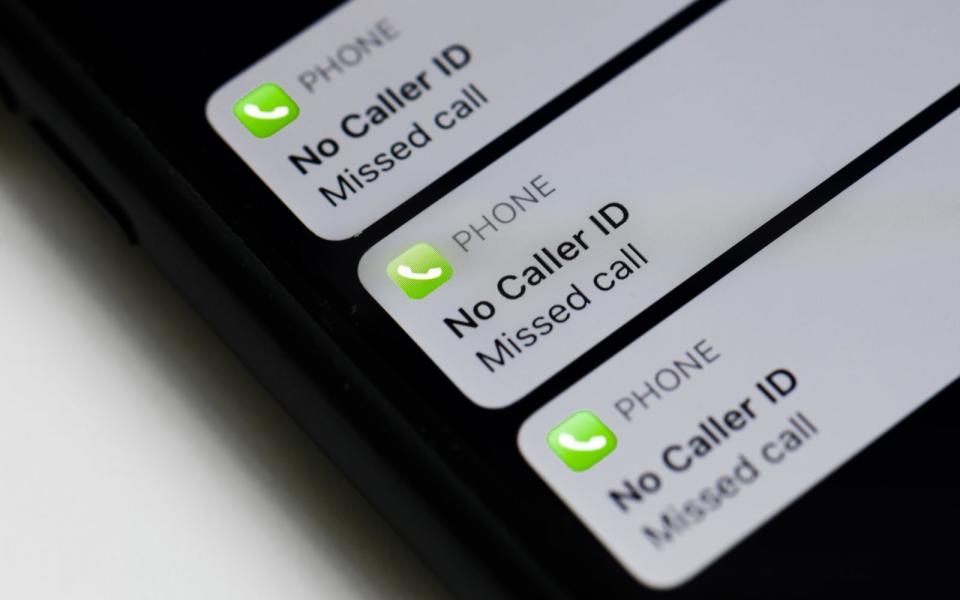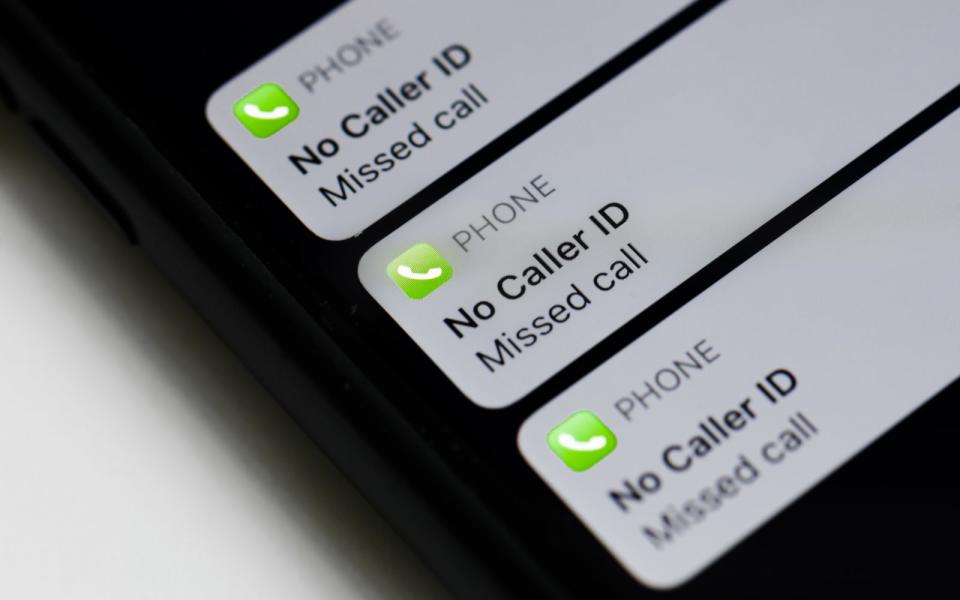FCC could require phone companies to authenticate calls
The proposed rules are another attempt to combat robocalls.
Today, FCC Chairman Ajit Pai proposed new rules that would require phone companies to adopt the STIR/SHAKEN protocol, an increasingly popular method for caller ID authentication. The rules are meant to combat robocalls, specifically those that spoof phone numbers, and the FCC is expected to vote on them later this month.
Under the STIR/SHAKEN protocol, carriers verify that a call is legitimate (not coming from a spoofed number) before it reaches the recipient. In 2018, Pai urged carriers to implement the protocol by 2019. AT&T, Comcast, T-Mobile and Verizon (Engadget's parent company) have all implemented the tech in one way or another, but robocalls are still a major nuisance. According to the FCC, US consumers receive as many as 350,000 unwanted calls every three minutes.
"It's clear that FCC action is needed to spur across-the-board deployment of this important technology," Pai said in a statement. "There is no silver bullet when it comes to eradicating robocalls, but this is a critical shot at the target."
The FCC has also empowered carriers to block robocalls be default, and several carriers and 50 state attorneys general are working on agreement to implement call-blocking tech, make anti-robocall tools free to consumers and label calls as legitimate or spam.

 Yahoo Finance
Yahoo Finance 

